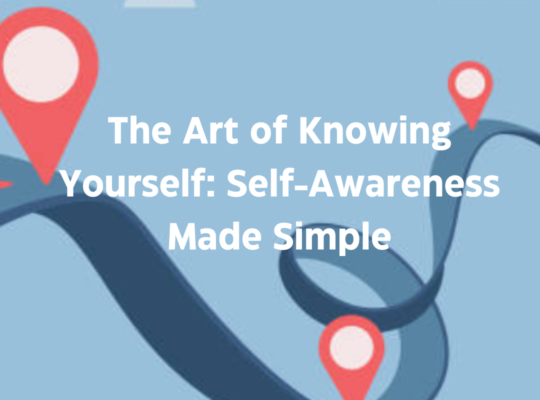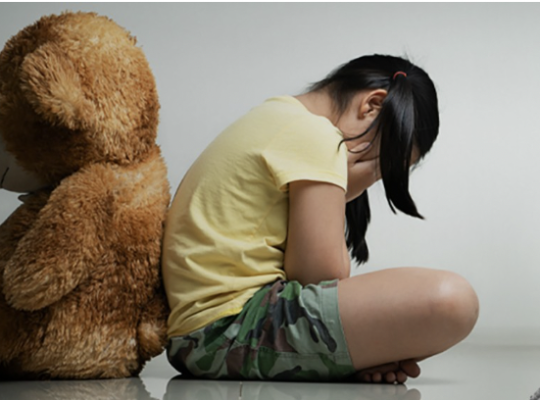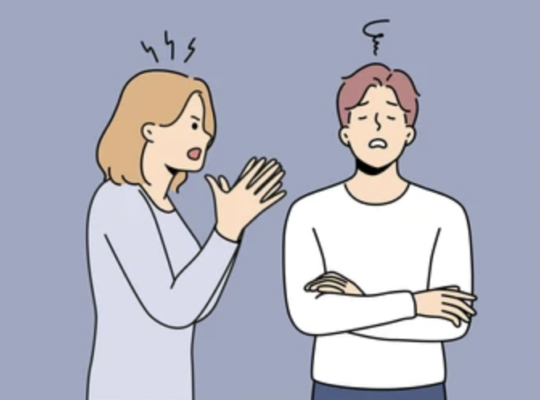
Whats something that doesn’t get enough attention but can make or break a relationship: power dynamics. Yeah, it’s not the most glamorous topic, but if you’re in a partnership, you’re dealing with it—whether you realize it or not.
Power dynamics in relationships are all about who calls the shots, how decisions are made, and who holds the influence. And listen, this isn’t about anyone being “the bad guy.” Power imbalances happen naturally sometimes. Maybe one partner is more decisive, or one earns more, or someone is just better at arguing their point (hello, stubborn streaks).
But here’s the thing: if the balance is off for too long, it can lead to tension, resentment, or feeling stuck. Sound familiar? If so, don’t stress—it’s fixable, and you’re not alone.
Power Dynamics: Balancing
When one person consistently holds more power, the other can feel unheard, unsupported, or even undervalued. On the flip side, the one with more control might feel all the pressure to “get it right” all the time. Neither of those vibes is healthy, and they definitely don’t make for a thriving relationship.
Balancing power isn’t about winning or losing—it’s about being on the same team. Both partners deserve to feel equal, respected, and like their opinions actually matter.
Power Dynamics in Relationships: How to Rebalance the Scales
First things first, have the conversation. Sit down and talk about how decisions get made in your relationship. Be honest but kind. Does one person always decide what’s for dinner or how money is spent? Is someone feeling left out when it comes to the big stuff like career moves or family planning?
Next, start sharing responsibilities. This doesn’t mean you need a chore chart or a relationship scoreboard (ugh, no). It’s about recognizing each other’s strengths and working together. Maybe one of you is great with finances while the other thrives in social planning. Divide and conquer!
Also, make space for individuality. Healthy relationships don’t mean doing everything together or relying on each other for everything. Go out with your friends, explore hobbies, and cheer each other on. When both of you feel fulfilled as individuals, the relationship gets stronger.
And let’s not forget: balancing power dynamics is an ongoing thing. Life is messy, and roles change—sometimes without us even noticing. That’s why it’s good to check in every so often. Ask, “Hey, do you feel like this partnership is working for you?” It’s simple but powerful.
If things feel really off and you’re stuck in a cycle, don’t hesitate to talk to a counselor. Therapy isn’t a sign of failure—it’s like a tune-up for your relationship. A professional can help you spot where the imbalance is happening and guide you back to an equal footing.
Wrapping up
Balancing power dynamics in relationships is about teamwork, trust, and respect. It’s about making sure both of you feel valued and seen, no matter what. So, if you’ve been feeling like the scales are a little tipped, now’s the time to take a closer look.
Start small, stay open, and remember: a balanced partnership isn’t just good for the relationship—it’s good for you, too.






